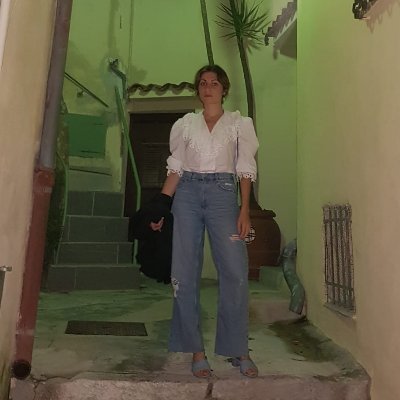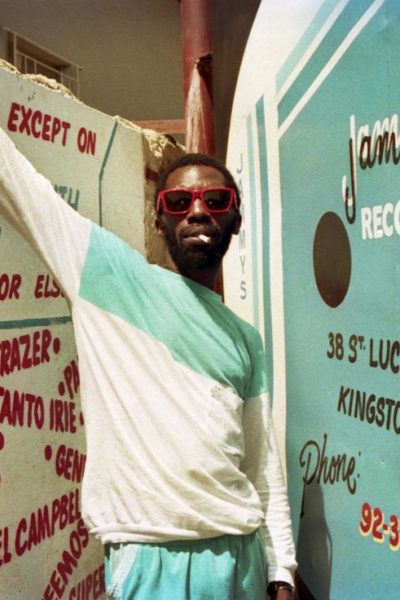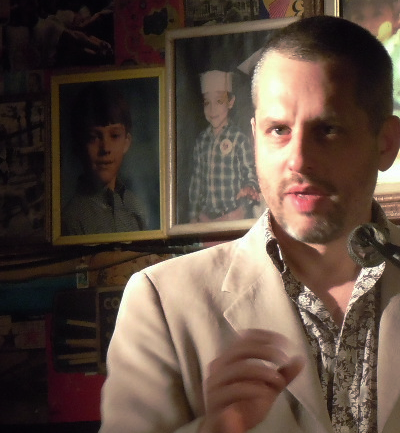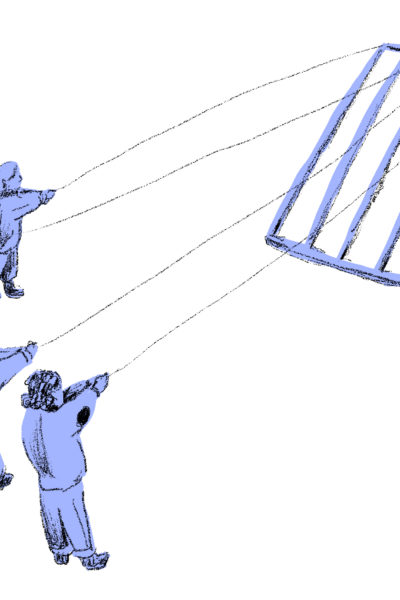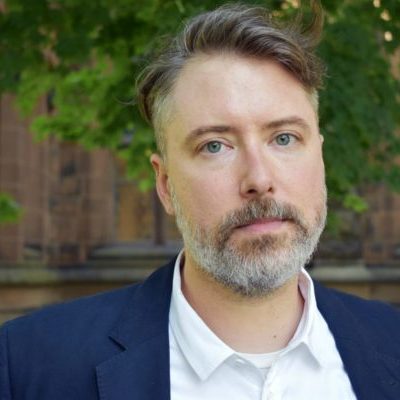I love stories where people go to hell, and obviously this novel is my contribution to that literature.
You have to look beyond the monster itself in order to understand what it actually means.
On some level, Vermont remains the arugula-chomping hippie at the farmers’ market, while New Hampshire is still a guy asserting his right to mow the lawn while naked.
What the feminist health movement really did was change the way that we understand evidence and experience – and actually the knowledge of the body. Individual experience can be as legitimate as scientific knowledge.
The following playlist is humbly submitted for your listening pleasure from Full Stop, your full service literary journal.
In my current novels, the satyr play is interwoven with the tragedy. Seriousness and fun are intertwined, philosophy, the former queen of the sciences is one with its jester …
Bierce’s cynicism of our institutions, the rich, religion, and common beliefs could have been written yesterday.
You really need to think strategically about how universities work, how they are trying to invest their capital, and then go after them on those grounds, and use our positionality as contingent academics to our advantage.
I think graduate students deserve the right to organize. So if I can help people understand that it’s not hard to start, I’ll feel very happy with this interview.
I wanted to create a situation that Trump would not be able to actually catch up to in reality.



